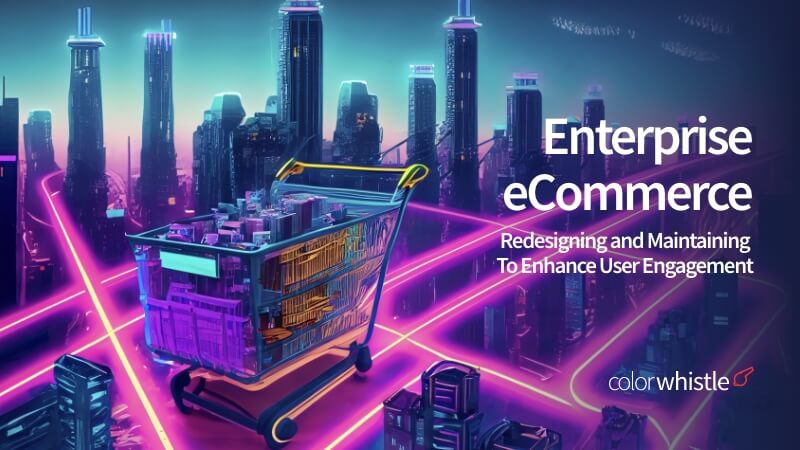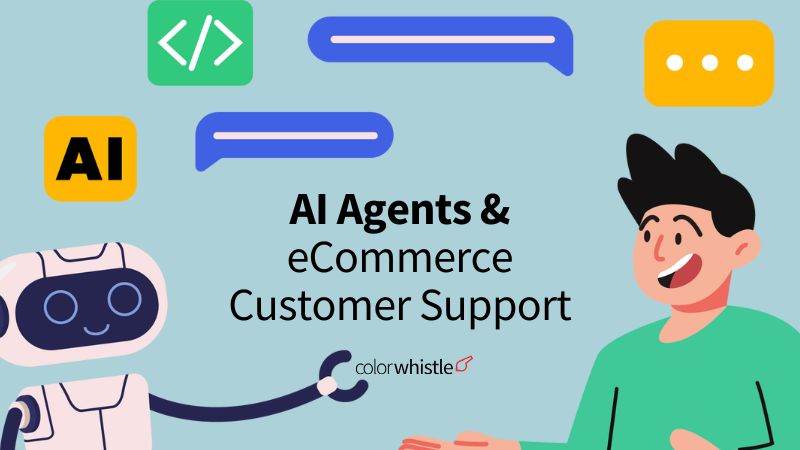Maintaining a website is essential for ensuring a seamless user experience, protecting against security threats, and keeping content up to date. A well-maintained website reflects professionalism and enhances credibility. This is why partnering with a reliable website development company that offers top-notch website maintenance services is crucial. They can provide regular updates, performance optimization, and security checks to keep your website functioning at its best.
What are E-commerce Category Websites?
E-commerce category websites are sections within an online store where products are grouped based on common characteristics. Each category page organizes products by type, allowing customers to browse and filter through items that fit their needs easily.
For example, a clothing store might have categories like “Men’s Shoes” or “Women’s Jackets.” These pages help streamline the shopping experience, making it easier for users to find relevant products and enhancing overall website navigation, improving user engagement and conversion rates.
Why Maintenance is Important?
Maintaining your enterprise e-commerce category websites is crucial for several reasons,
- Regular updates keep your category pages fresh and ensure easy navigation for users.
- Search engines favor websites that offer up-to-date content and efficient performance, leading to higher rankings.
- With optimized page load times and accurate product details, users are more likely to convert.
- Regular updates prevent cyberattacks and protect sensitive data.
- Mobile users dominate e-commerce, so keeping pages optimized for mobile devices is key to reducing bounce rates.
Key Maintenance Practices for Your E-commerce Category Websites
Content Updates and SEO Optimization
Keeping your product categories, descriptions, and listings fresh ensures you stay relevant and improves your site’s SEO. Updating meta tags, keywords, and descriptions helps your pages rank better in search engine results.
Performance Monitoring
Regular site audits ensure your e-commerce site is running smoothly. Tools like Google PageSpeed Insights help track and fix performance issues like slow load times or unresponsive elements, which can negatively impact the user experience.
Mobile and UX Enhancements
As mobile shopping continues to grow, ensuring your site is mobile-responsive is critical. Regular checks for mobile optimization and user-friendly navigation features will help keep your mobile users engaged.
Security Patches and Plugin Updates
Security is a top priority for enterprise e-commerce sites. Routine maintenance includes updating plugins, installing security patches, and backing up data to prevent security breaches.
Data Analytics and Personalization
Regularly analyze user behavior and make adjustments to personalize shopping experiences. Personalized recommendations, based on user activity, can drive engagement and increase average order value.
Case Studies — Successful E-commerce Maintenance
Amazon
Continuous Optimization for Peak Performance, Amazon’s success lies in its relentless focus on optimizing its platform. From regularly updating its category pages to enhancing site speed and functionality, Amazon ensures a flawless user experience. Personalization is a key feature of their maintenance strategy, with algorithms continuously improving recommendations based on user behavior. Additionally, Amazon’s security protocols and robust infrastructure help prevent breaches and downtime, which are critical for maintaining customer trust.
Nike
Prioritizing Mobile User Experience, Nike transformed its e-commerce platform with a mobile-first approach, recognizing that a significant portion of its customers shop via mobile devices. By revamping mobile category pages and streamlining navigation, Nike drastically improved user engagement. Their maintenance strategy includes regular performance audits to ensure faster load times and smooth checkout processes. This focus on mobile optimization has not only boosted conversions but also increased customer loyalty by providing a seamless mobile shopping experience.
Best Buy
Technical Excellence in e-commerce Best Buy is an industry leader in maintaining a high-performance e-commerce site, particularly when managing vast product categories. Through consistent performance audits and platform updates, Best Buy ensures that their site remains fast, secure, and responsive. They have also invested in improving search functionality and category filters to help users find products quickly. These efforts, combined with regular security updates, have helped Best Buy maintain customer satisfaction and grow their online presence.
These companies exemplify the importance of regular maintenance and continuous optimization in achieving e-commerce success. Whether through mobile-first strategies or rigorous security protocols, proactive maintenance is key to sustaining growth in the digital marketplace.
Website Maintenance Services from ColorWhistle
ColorWhistle offers comprehensive website maintenance services that ensure your site remains updated, secure, and fully functional. Their expert team handles everything from regular content updates to performance optimization, ensuring your website runs smoothly without disruptions. They offer customized maintenance packages tailored to meet the specific needs of businesses, whether it’s regular security checks, plugin updates, or fixing bugs. With a focus on providing ongoing support, ColorWhistle ensures your website consistently delivers a great user experience while staying aligned with the latest technology trends.
Stroll through our ColorWhistle pages to discover our tailored services. Ping us or call us at +1 (919) 234-5140, and we’ll be on it like paint on a canvas! Our services are as unique as your business — let’s make magic happen together!
What’s Next?
Now that you’ve had the chance to explore our blog, it’s time to take the next step and see what opportunities await!






